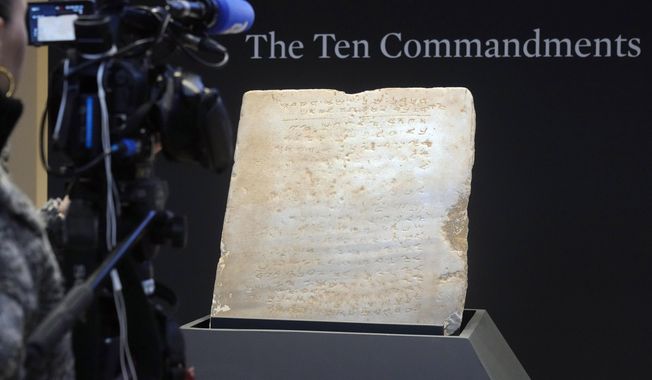
Women quickly responded to Rosie the Riveter, who convinced them that they had a patriotic duty to enter the workforce. Some claim that she forever opened the work force for women, but others dispute that point, noting that many women were discharged after the war and their jobs were given to returning servicemen. These critics claim that when peace returned, few women returned to their wartime positions and instead resumed domestic vocations or transferred into sex-typed occupations such as clerical and service work.
Featured Photo Galleries














